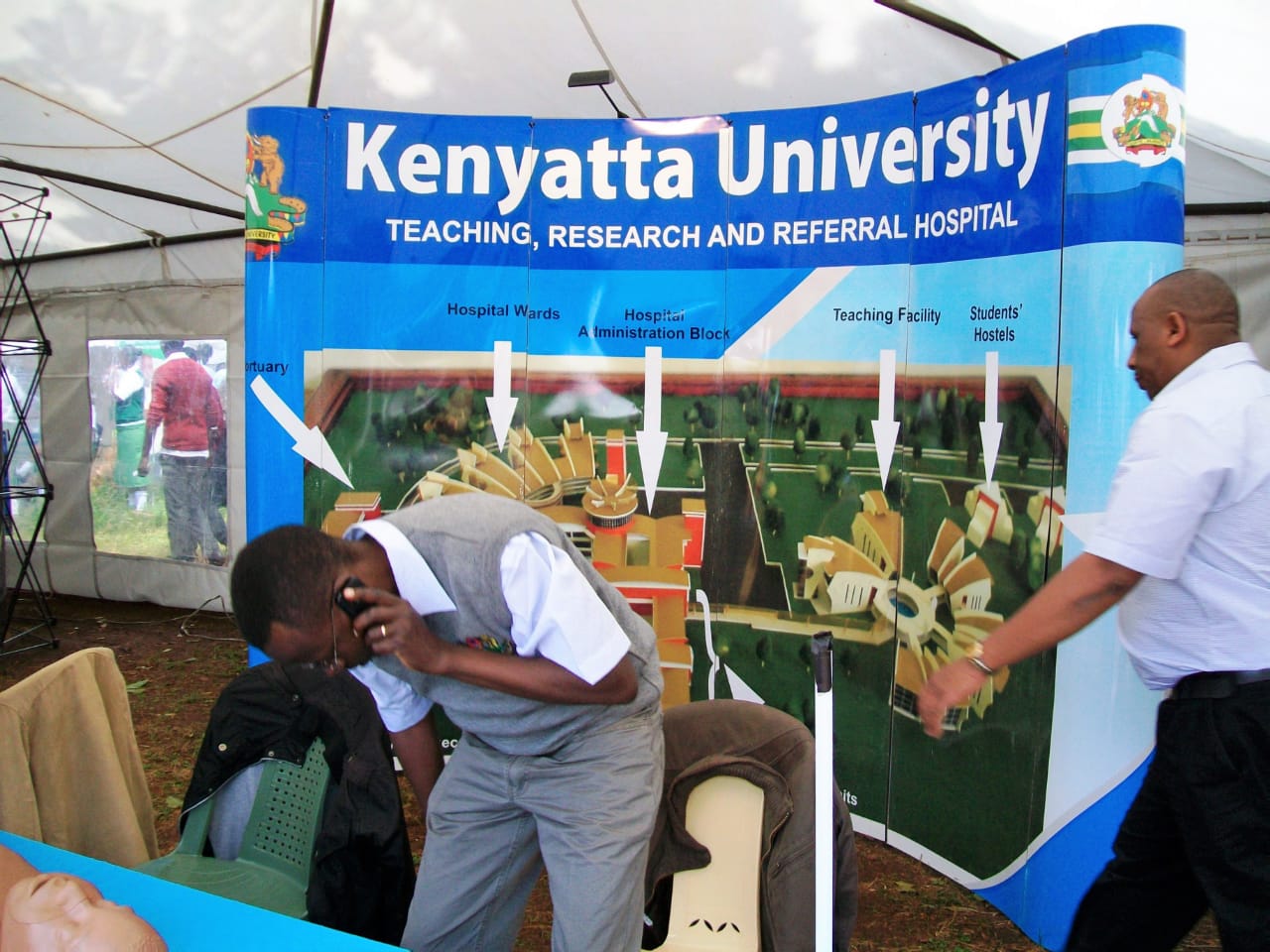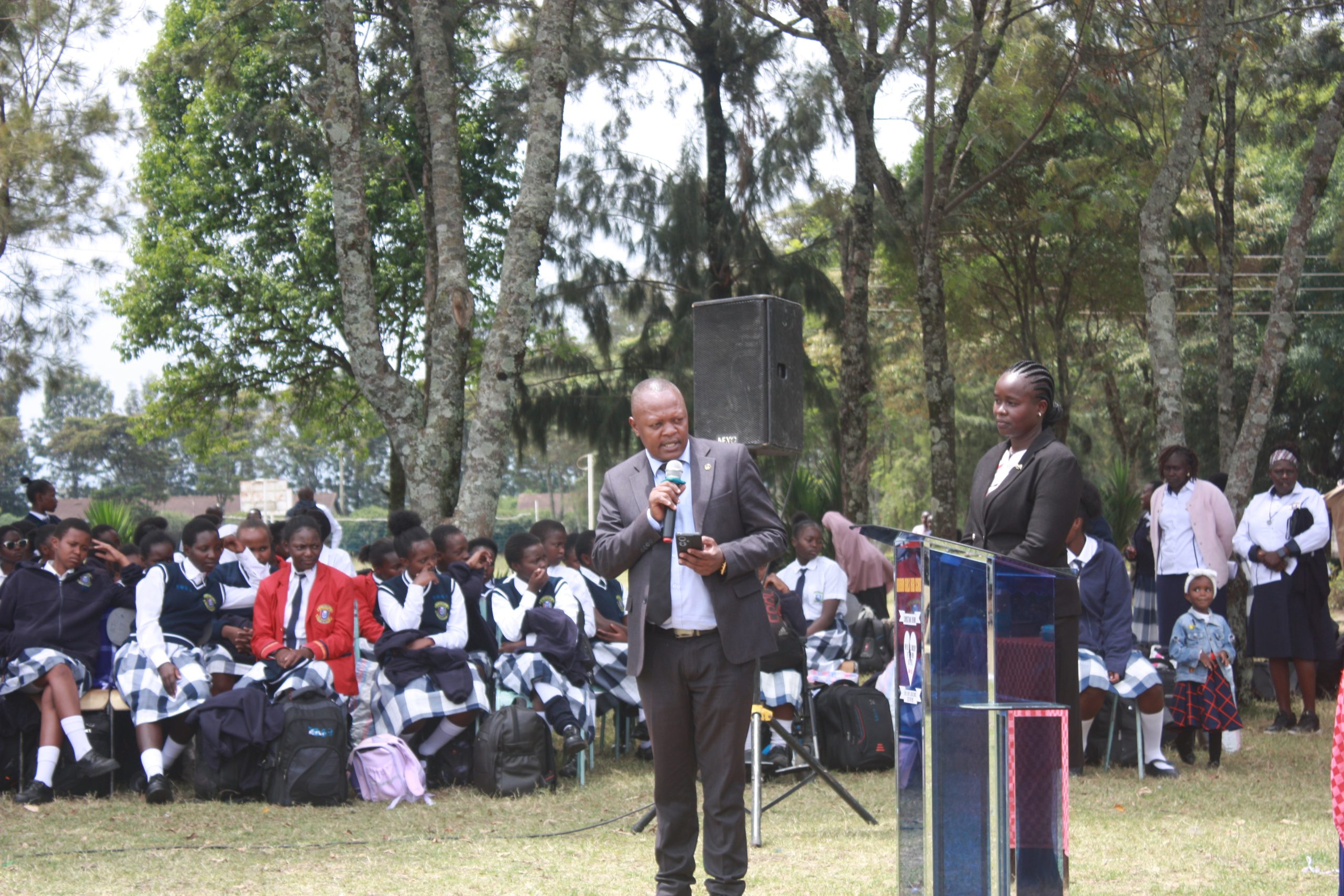The government has been challenged to professionalize the hiring of vice-chancellors for public universities to rid them of mismanagement by incompetent appointees.
Some universities operated with bloated non-teaching staff, said some scholars and the situation needed to be dealt with to avoid a huge waste of resources which could be supporting academic and skill imparting departments.
The scholars revealed that the number of non-teaching staff in some institutions were more than eight times of the teaching staff and demanded that such idlers should be retrenched to make the institutions regain their academic glory.
Public universities, the education experts and analysts said should be preserved as national and international centres of academic excellence where the potential to produce the best should be ingrained, nurtured and above all protected.
Unless the government stopped all political interference, influence and ethnic stereotypes and use such potential candidates’ proven managerial skills to fill the vacant positions, matters at the universities would continue to deteriorate,
University standards and the potential to produce skilled brains to lead the Country and the region to economic, academic, technological and industrial development, the scholars said should not be compromised through negative politics and ethnic considerations.
Kenya, the experts said was replete with highly professionally qualified and skilled managers who could fittingly serve as public university Vice Chancellors with prudence but had been denied employment.
One of the most respected scholars from the County and who refused to be named confessing to his hesitance to confront the government said, ‘’We have qualified people who if hired as vice-chancellors could manage staff, finances, students and research competently but these Kenyans have continuously been denied employment’’.
Since the Kenya Kwanza government took over, there has been hesitance to hasten appointments of new vice chancellors even with the majority of them with their terms in office having expired.
Despite some successes and especially in financial prudence and promotion of virtual learning and teaching Professors Stephen Gitahi Kiama of the University of Nairobi is exiting months before his departure dates were due in what could be outright interference.
Institute for Development Studies (IDS) expert Prof Karuti Kanyinga called for the strengthening of the ‘’academic university’’ more than the ‘’administrative university’’ insisting that the way matters were present, the administrative remained overwhelmingly the powerful arm of the institutions.
Said the education and development expert, ‘’The administrative university has grown over the years. It has grown so much that it had stifled the growth of the knowledge economy’’.
Political and ethnic interference, he said had made some university administrators political and profit-minded instead of striving to produce knowledge for the betterment of society.
When universities deviated from developing and up-skilling human resources, the scholar warned the quality of the country’s bureaucracy, civil service and private sector including commercial advancement faced the predicament of being compromised.
“The quality of a country’s bureaucracy, civil service and even the private sector commerce reflect the quality of their universities’’, avers the eminent academic.
He argued that the role of knowledge in national development needed not to be over-emphasized because diligent government which treated universities with reverence as treasured national assets recorded success in all echelons of development.
Governments in the developed countries Prof Kanyinga reminded the government of Kenya apart from cherishing, protecting, promoting and supporting their research work they also funded them.
The scholar advised the government to launch campaigns to start promoting the knowledge economy and eradicate present drawbacks affecting the management and progress of universities some of which were political.
Kenyan political and policy makers, he said needed to intervene to assist universities and avoid the prevailing scenario where they have neglected the value of knowledge and professionalism in the society.
The scholar expressed concern that today, the government would rather bail out loss-making state corporations and leave aside the universities which have been stepped in some of the worst financial crisis, clearly threatening the quality of graduates being produced.
Prof Kanyinga called for the strengthening of internal administration and governance of universities through the avoidance of appointment of councils and vice chancellors through ethnic considerations.
Continued treatment of the public universities as employment bureaus should be stopped, said Prof Kanyinga warning in some situations in some universities, non-teaching staff were more than eight times the number of the teaching staff.
Most of the non-teaching staff according to the scholar did not have work to do and were mainly used as private errand assistants by senior administrative staff members hence this section of staffers needed to be disbanded once and for all.
Appointment of innovative councils and VCs, Prof Kanyinga said, would put a challenge on the managers to devise ways of raising financial resources to promote the academic arm of the universities, strengthen research, and pursue the creation of endowment fund from local industries and international universities.
David Aduda, author and education expert known for providing consultancy for various organizations on education called for the selection and appointment of vice-chancellors based on their skills.
Caution, the educationist said was in the appointment of the Vice chancellors because it was apparent that, ‘’some top university managers are accomplished academicians with trailblazing research credentials but some were woefully poor leaders.
Mr. Aduda argued that some of the VCs aligned themselves with politicians for survival and surrounded themselves with loyalties who did not question their decisions, even when such decisions were detrimental to the success of the universities’ success.
Since some ethnicity and parochialism in universities was historical and political, the scholar suggested that tackling the same needed a systematic and strategic approach to avoid gaps which may cause worse management issues.
The huge expansion of universities while expanding opportunities for access to higher education, Mr. Aduda said had compromised management safeguards but that could be dealt with through the appointment of qualified academics to lead universities.
Universities require skilled management academics capable of stimulating and driving positive changes at the institutions now at crossroads to rescue them from further deterioration.
By Robert Nyagah
Get more stories from our website: Education News
To write to us or offer feedback, you can reach us through: editor@educationnews.co.ke
You can also follow our social media pages on Twitter: Education News KE and Facebook: Education News Newspaper For timely updates.






